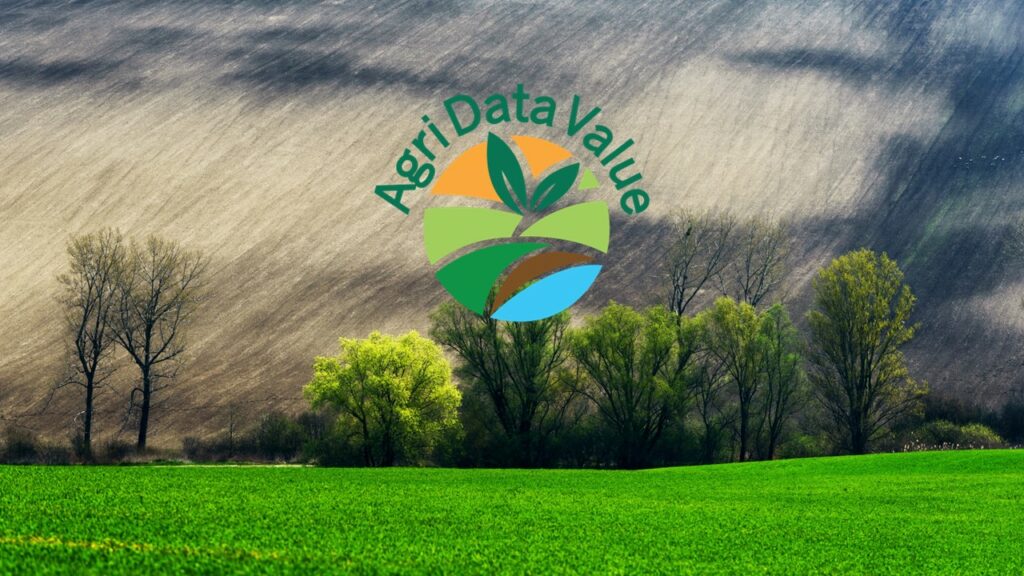Climate change is going to significantly influence both crop and livestock production, being a key challenge for the agricultural sector.
The new CAP 2023-2027 has taken into account climate change issues by raising environmental standards through some specific policy objectives:
- contributing to climate change mitigation by reducing greenhouse gas emissions and enhancing carbon sequestration, as well as promoting sustainable energy
- efficient resource management: foster sustainable development and efficient management of natural resources such as water, soil and air, including by reducing chemical dependency.
- halting biodiversity loss: contribute to halting and reversing biodiversity loss, enhance ecosystem services and preserve habitats and landscapes.
The CAP 2023-27 supports agriculture in making a much stronger contribution to the goals of the European Green Deal. It ensures that national CAP plans are in line with environmental and climate legislation and that beneficiaries of the CAP have their payments linked to a stronger set of mandatory requirements. Farmers are provided with stronger incentives for climate and environment-friendly farming practices and approaches and allocate more funds in measures to support climate, biodiversity, environment and animal welfare.
Overall, the new CAP supports farmers in their transition to a more sustainable agriculture, which should also include the capacity to cope with changing climatic conditions.
The Agridatavalue project aims to monitor the effects of climate change on agriculture since 1985 and elaborate future projections in order to help farmers to better adapt to climate change consequences.
Thanks to the development of climate change prediction models, farmers will be able to identify potential risks and challenges in order to adopt measures to limit negative effects on production.


